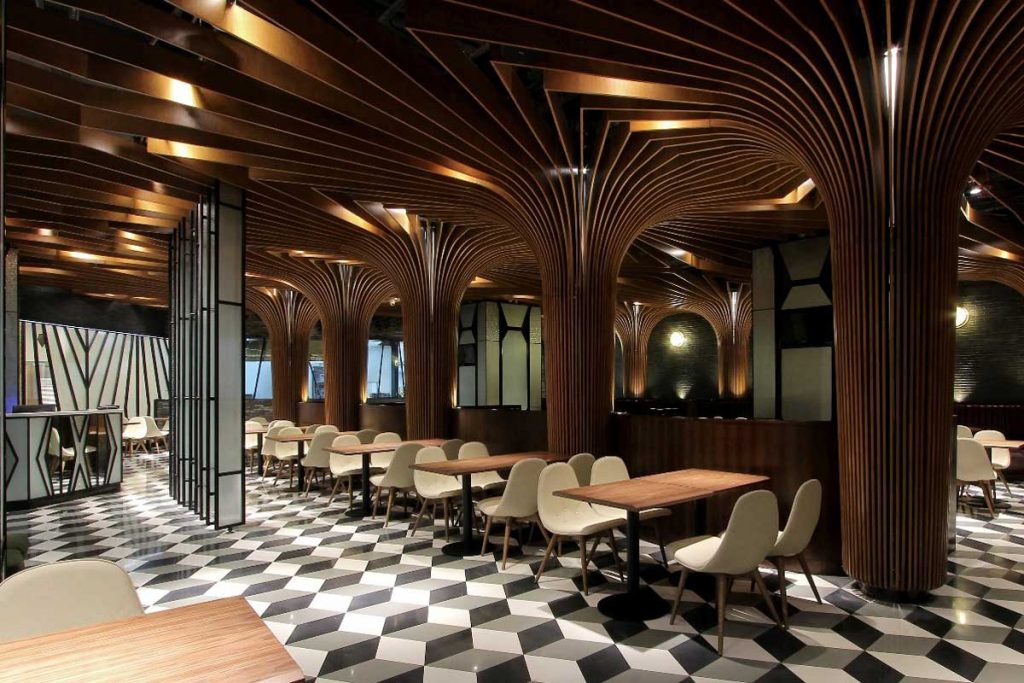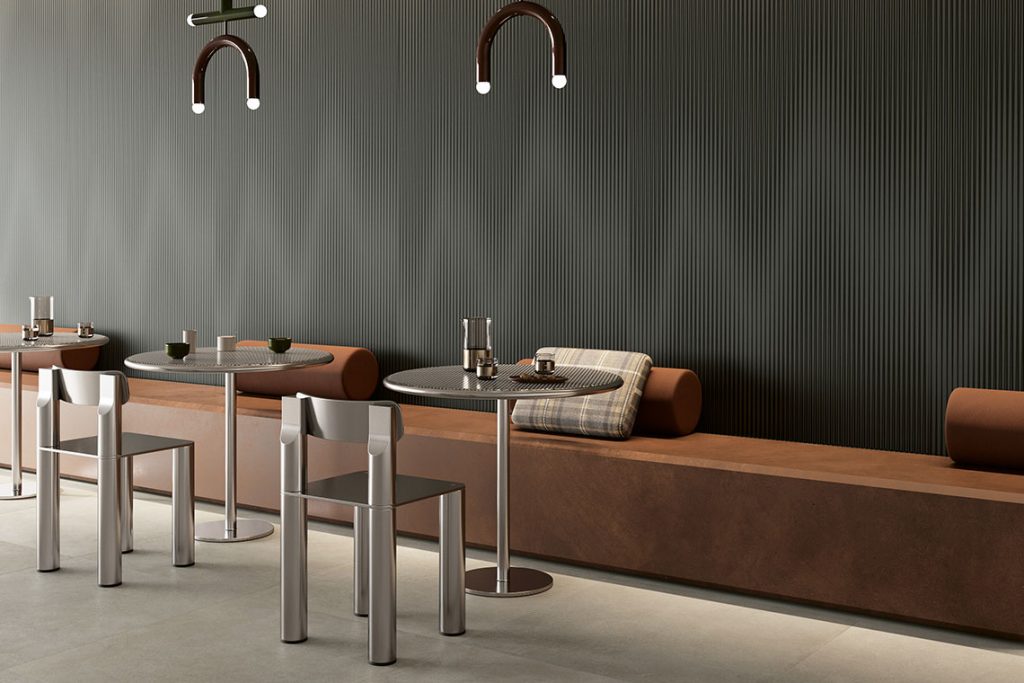Elevating Hospitality Spaces with Style and Durability
In the hospitality industry, first impressions matter. The design and ambiance of a hotel play a crucial role in shaping guests’ experiences. One of the key elements in creating a visually appealing and functional space is the choice of tile. From lobbies and guest rooms to restaurants and spas, tiles are a versatile and durable option for various areas within a hotel. In this comprehensive guide, we’ll explore the different types of tiles suitable for hotels, design considerations, and tips for selecting the perfect tile for your hospitality project.
Types of Tiles for Hotels
1. Porcelain Tiles
Porcelain tiles are a popular choice for hotels due to their durability, water resistance, and low maintenance. They come in a wide range of colors, patterns, and finishes, making them suitable for both high-traffic areas and stylish interiors. Porcelain tiles can mimic the look of natural stone, wood, or concrete, offering endless design possibilities.
2. Ceramic Tiles
Ceramic tiles are another excellent option for hotels. They are cost-effective, easy to clean, and available in various styles and sizes. Ceramic tiles are ideal for wall applications, such as bathroom walls and backsplashes, where their decorative potential can shine.
3. Natural Stone Tiles
For a touch of luxury and sophistication, natural stone tiles like marble, granite, and travertine are unbeatable. These tiles exude elegance and are perfect for upscale hotel lobbies, spas, and suites. However, they require regular maintenance and sealing to preserve their beauty.
4. Glass Tiles
Glass tiles add a modern and vibrant touch to hotel interiors. They are often used in accent walls, pool areas, and bathrooms to create a sleek and reflective surface. Glass tiles are available in various colors and can be used to create stunning mosaics and artistic designs.
5. Mosaic Tiles
Mosaic tiles are small, decorative tiles that can be arranged in intricate patterns to create eye-catching designs. They are perfect for adding a unique and personalized touch to hotel interiors. Mosaic tiles are commonly used in pools, spas, and as decorative accents in bathrooms and lobbies.
Design Considerations for Hotel Tiles
1. Durability and Maintenance
Hotels experience high foot traffic, so it’s essential to choose tiles that are durable and easy to maintain. Porcelain and ceramic tiles are excellent choices for their longevity and low upkeep. For areas like kitchens and bathrooms, opt for tiles that are resistant to moisture and stains.
2. Aesthetic Appeal
The design and color of the tiles should complement the overall theme and ambiance of the hotel. Neutral tones and classic designs can create a timeless look, while bold colors and patterns can add a contemporary flair. Consider using different tile types and patterns to create visual interest and define different areas within the hotel.
3. Safety and Slip Resistance
Safety is paramount in hotel design. For wet areas like bathrooms, pools, and spas, choose tiles with a slip-resistant surface to prevent accidents. Textured tiles or those with a matte finish can provide the necessary traction.
4. Acoustics
Tiles can contribute to the acoustic environment of a hotel. Some tiles have sound-absorbing properties that can help reduce noise levels in busy areas. This consideration is especially important for creating a peaceful and relaxing atmosphere in guest rooms and spa areas.
Tips for Selecting the Perfect Hotel Tile
1. Consider the Space
Different areas of a hotel have different requirements. For high-traffic areas like lobbies and corridors, choose tiles that can withstand heavy use. For guest rooms and bathrooms, prioritize comfort and aesthetics.
2. Balance Style and Function
While it’s important to choose tiles that enhance the visual appeal of the hotel, don’t compromise on functionality. Ensure that the tiles you select are suitable for their intended use and can handle the demands of a hospitality environment.
3. Work with Professionals
Collaborate with interior designers and architects who specialize in hospitality projects. They can provide valuable insights and help you select the best tiles that align with your design vision and budget.
4. Sample and Test
Always request samples of tiles and test them in the actual hotel environment. This step allows you to see how the tiles look under different lighting conditions and how they feel in the space.
Conclusion
Choosing the right tile for a hotel is a critical decision that impacts both the aesthetics and functionality of the space. By considering factors such as durability, design, safety, and acoustics, you can select tiles that elevate the guest experience and enhance the overall appeal of the hotel. Whether you opt for the elegance of natural stone, the versatility of porcelain, or the vibrant touch of glass, the perfect tile can transform your hospitality space into a memorable and inviting destination.






